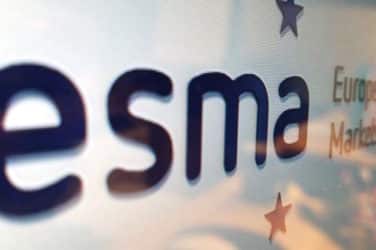
Europe’s main financial services regulator is looking to step up cross-border surveillance methods to better monitor trading strategies that can now stretch across multiple venues and asset classes in a bid to crack down on market abuse and insider trading.
The Paris-based European Securities and Markets Authority (Esma) has begun a month-long consultation with investment firms and market operators with the aim of improving the quality of reporting and, it says, “producing definitive guidance in this area which would aim at converging practices between national competent authorities”.
“It is good that Esma is generating more interest and noise and widening the scope on market abuse to create a fair market and fair trading activity,” Martin Porter, business development director at b-next, a Frankfurt-headquartered provider of trading compliance software solutions, told Markets Media.
Under the original 2007 Markets in Financial Instruments Directive (MiFID), market participants were only expected to report transactions to their national regulators, but with increased market fragmentation, due to the integration of European markets brought about by MiFID itself, as well as ever more complex trading strategies, Esma says that the quality of reporting must be improved to “harmonize existing practices”.
“Market abuse, as well as being morally reprehensible, comes at a hefty price for the market,” said Remco Lenterman, chairman of FIA EPTA, a proprietary trading lobby group, based in Brussels.
“We strongly support measures that ensure safer, more resilient markets, but we urge policymakers to carefully weigh the costs of such measures,” added Lenterman, who is also managing director of Dutch high-frequency trading firm IMC. “No one benefits if badly designed regulations disrupt liquidity and drive up costs for traders and investors.”
The Federation of European Securities Exchanges (Fese), a Brussels-based group which lobbies on behalf of 46 of the region’s exchanges, recently issued a position piece on market abuse.
“Fese members are committed to ensuring the highest possible level of investor confidence and market integrity,” it said.
“[But] the unintended consequences of MiFID resulted in the appearance of gaps in exchange surveillance data and additional challenges in the ability of individual venue operators to effectively safeguard market integrity with any certainty.”
The Esma review, which has a deadline of June 4 for all contributions to be submitted by market participants, is also focusing on improving reporting of the currently opaque over-the-counter derivatives market. The G20 group of nations wants to see the $700 trillion global OTC derivatives market, criticized for contributing to the financial crisis, processed through clearing houses—thereby recording all deals and reducing the risk of default—by the start of next year.



